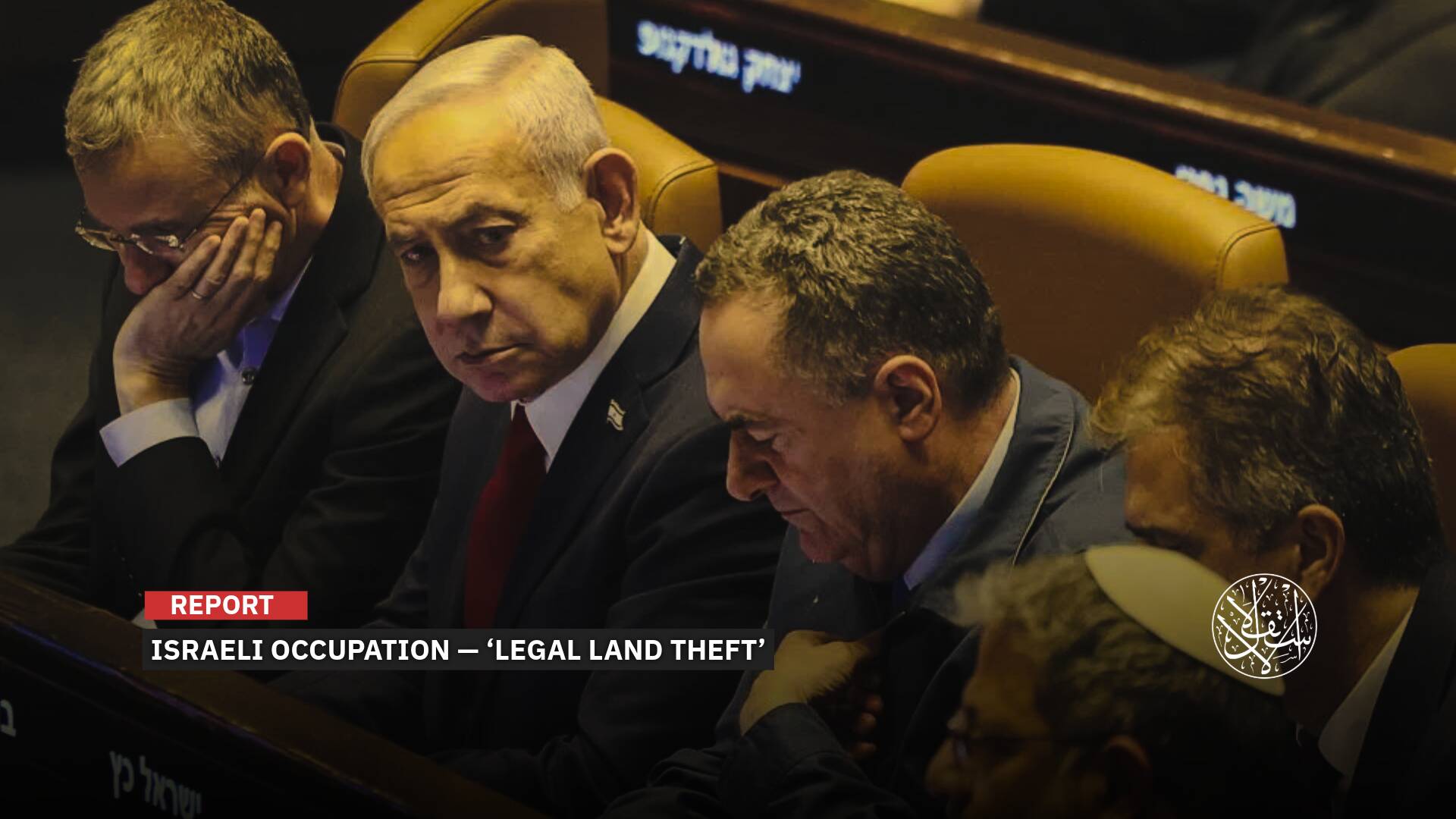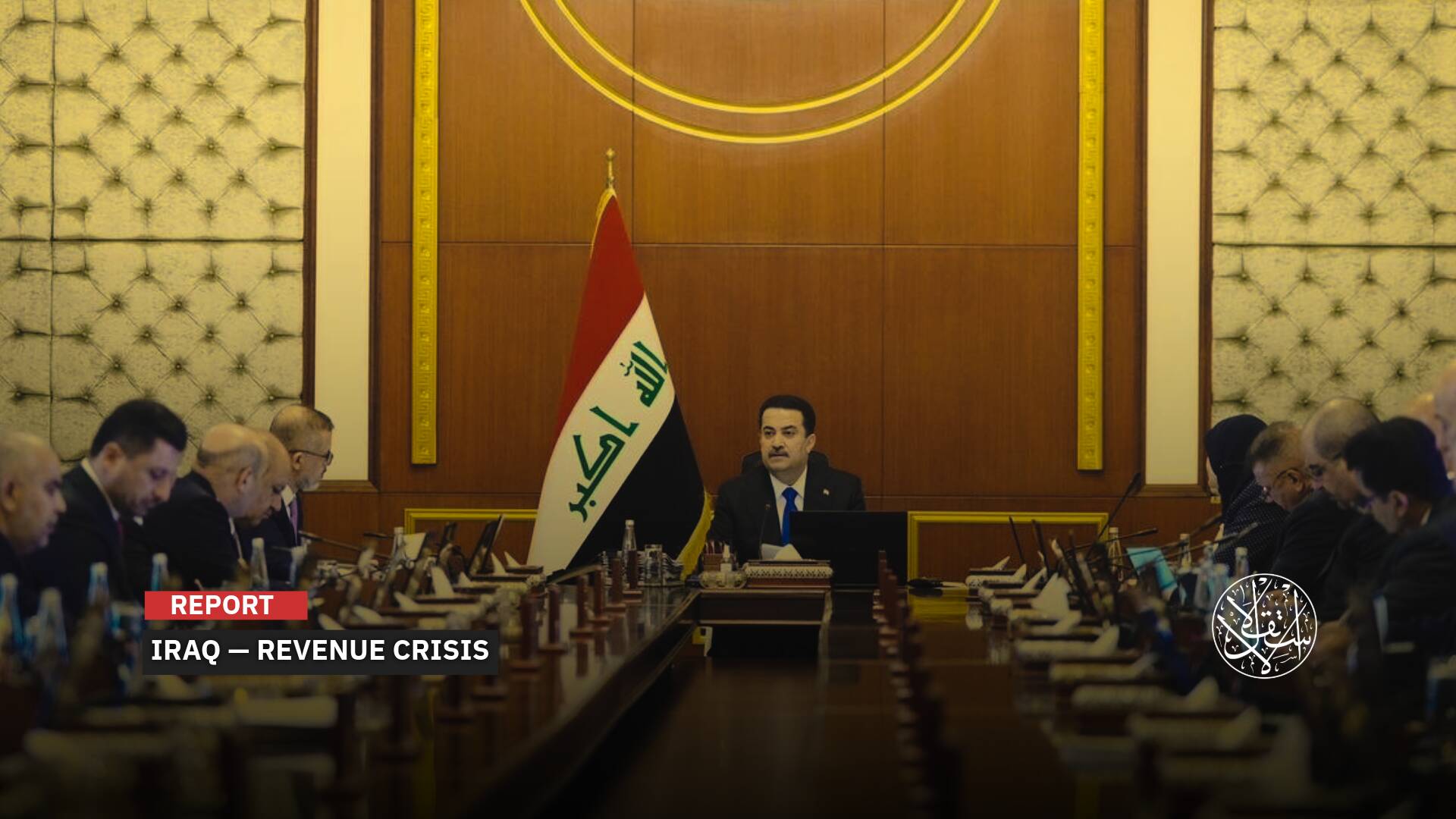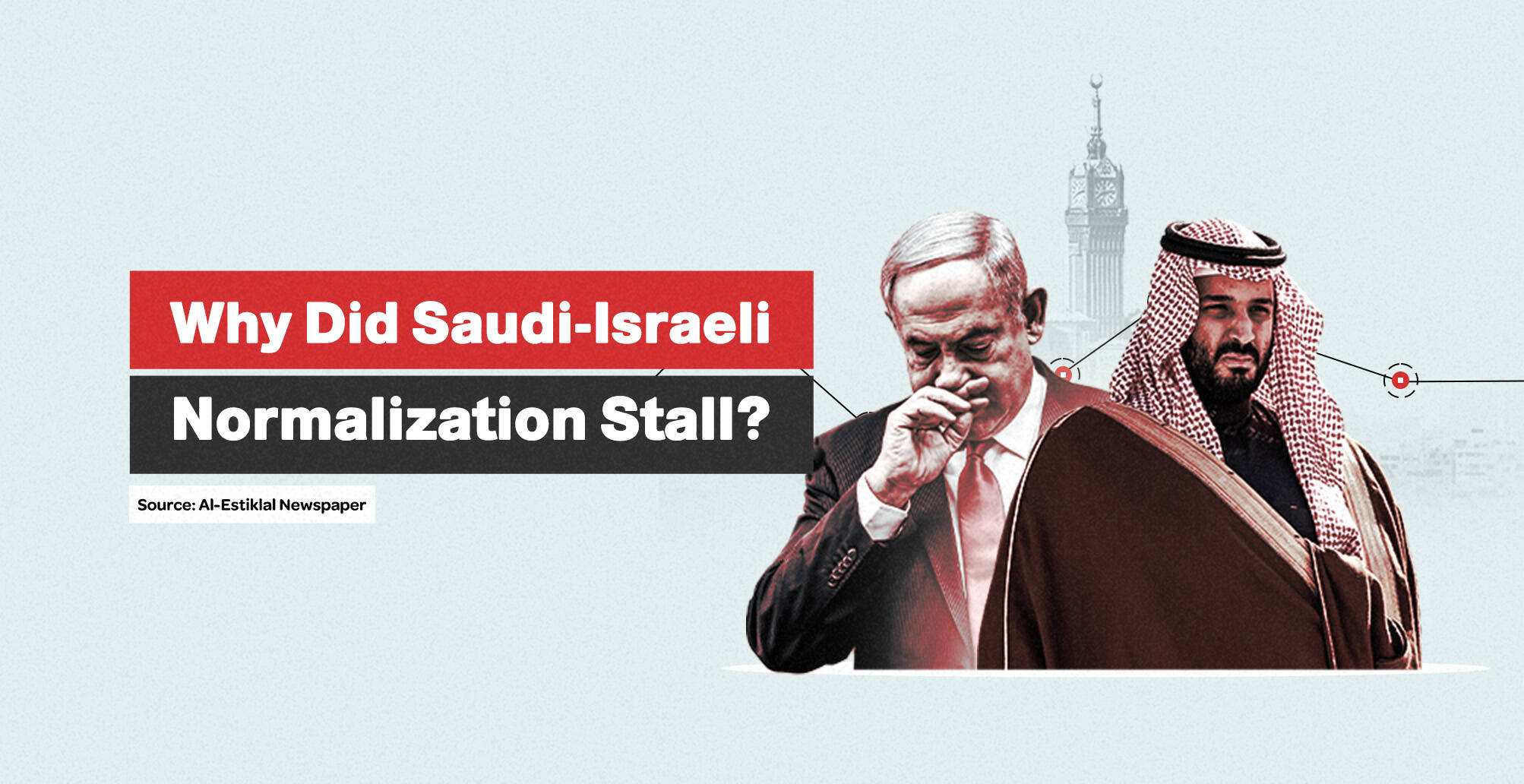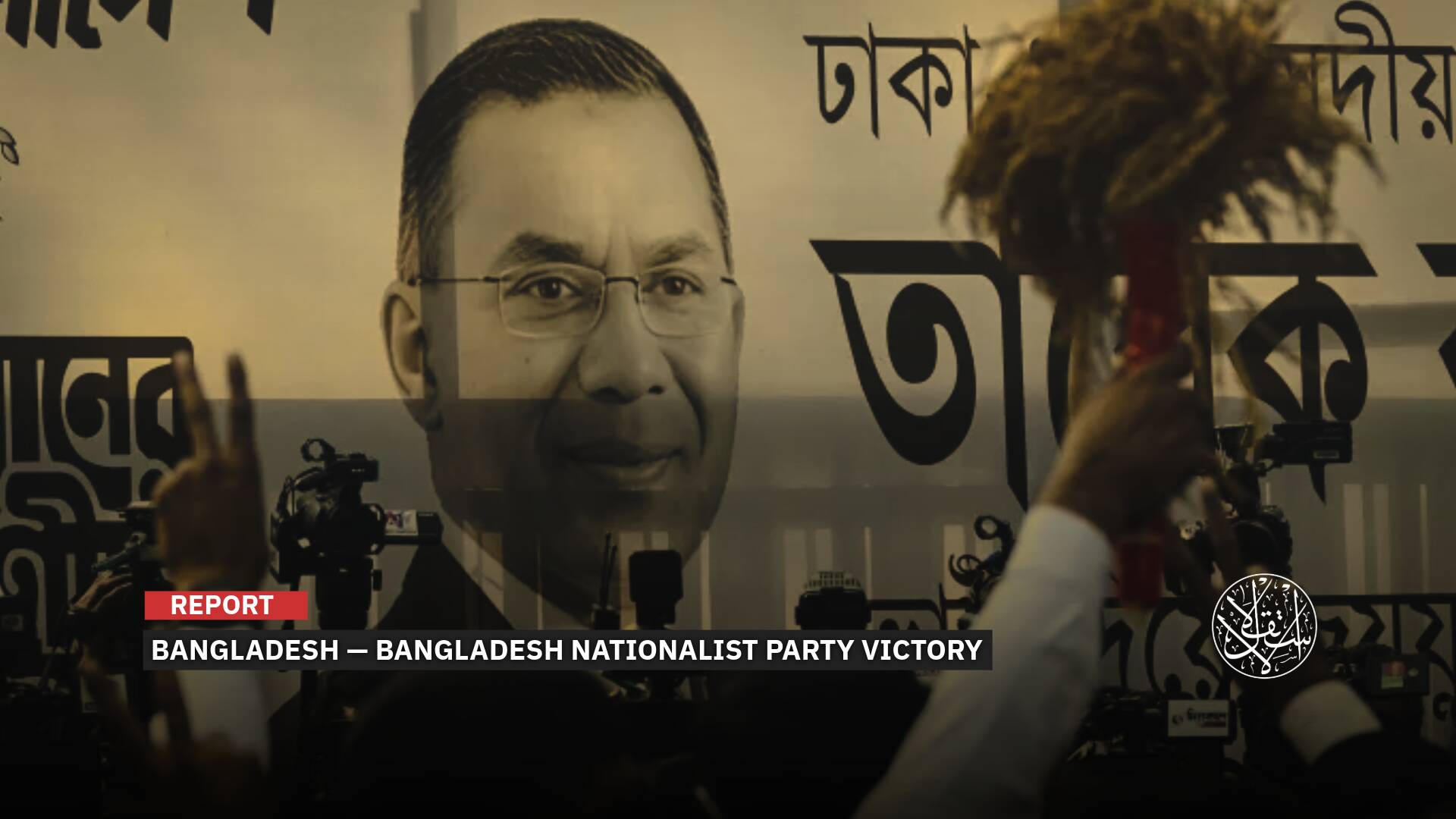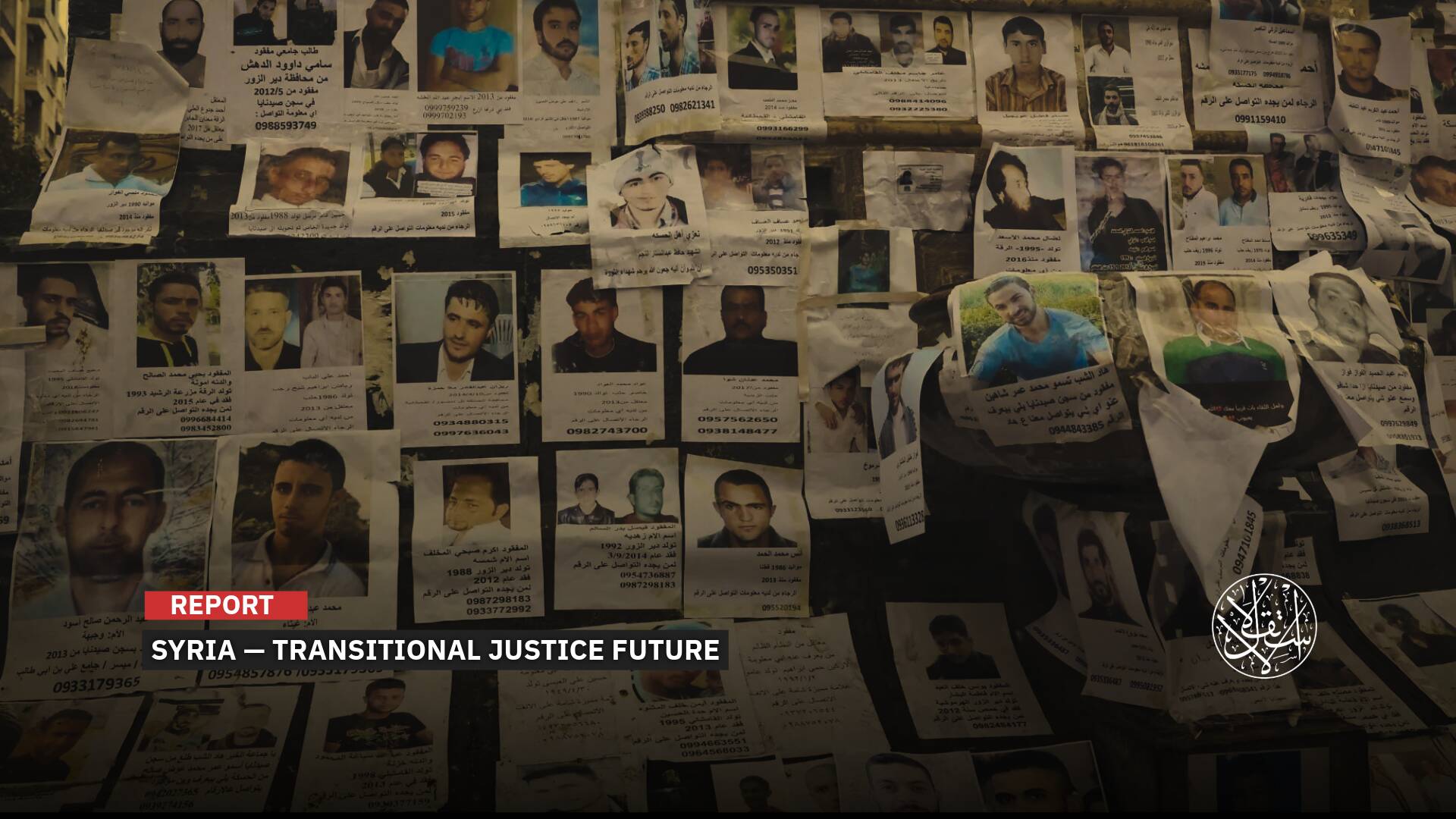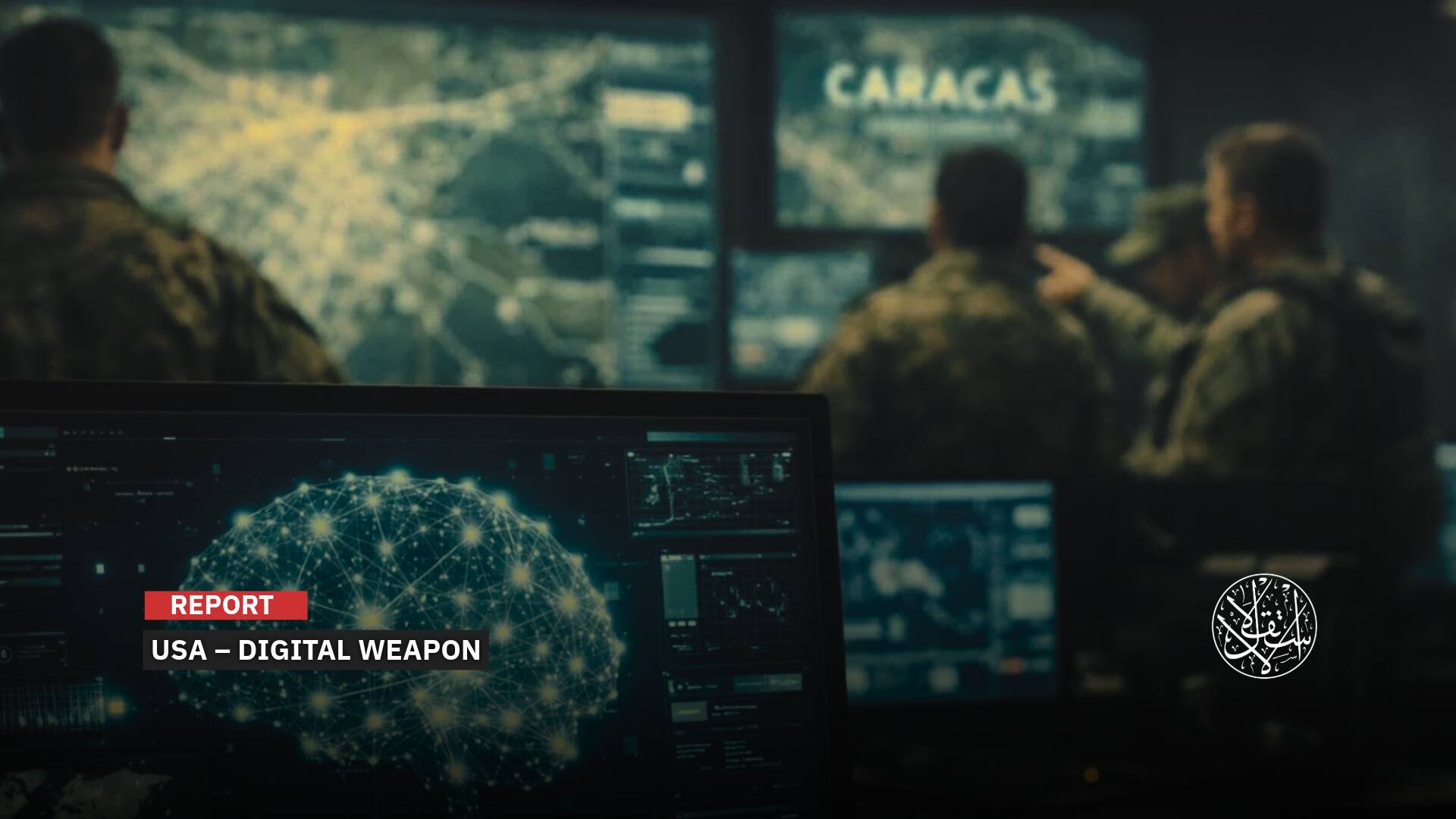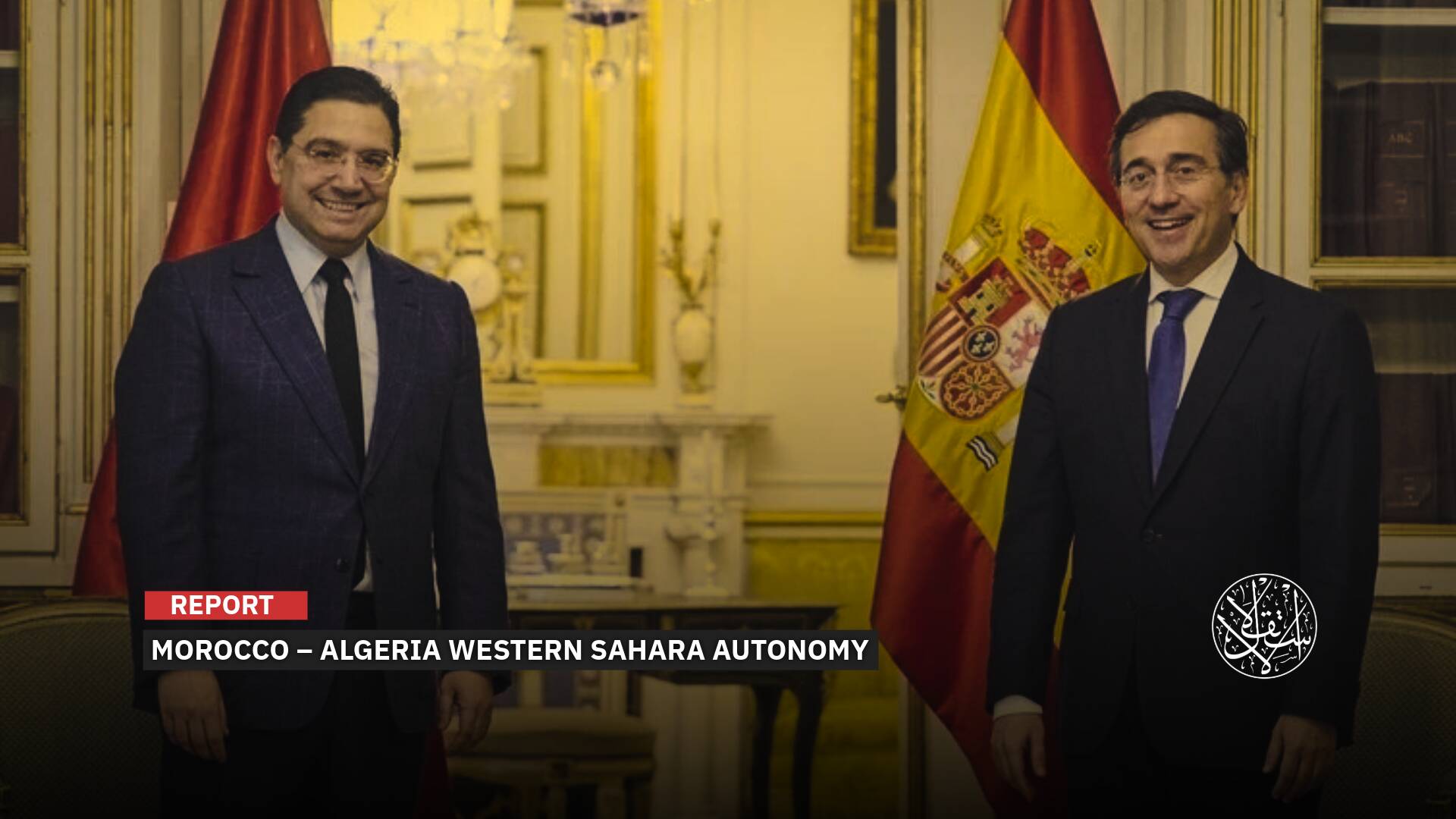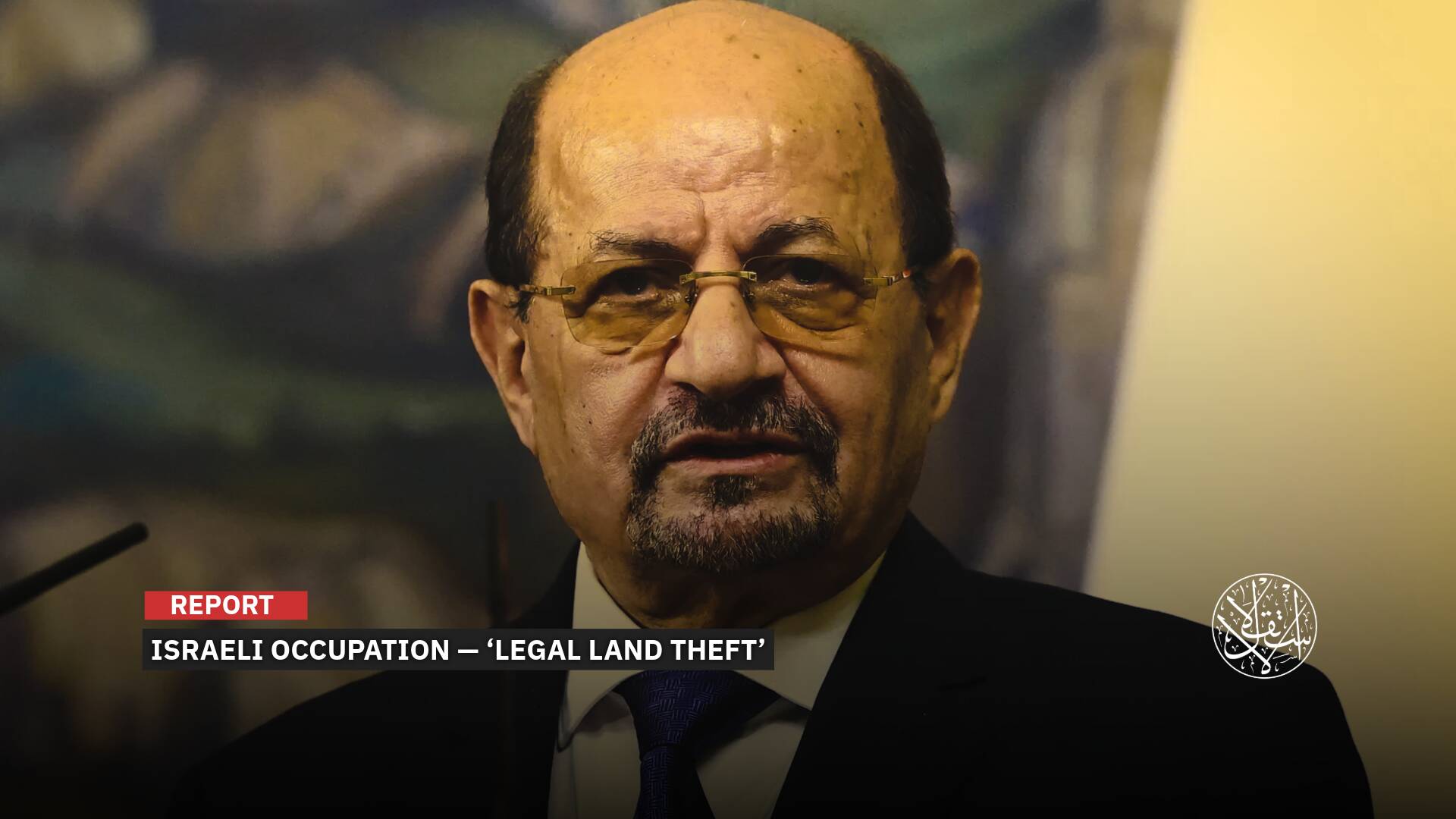Turkish Writer: Two Ways for Erdogan’s Third Term—Imamoglu Sparks Suspicion (Exclusive)

“This is a great achievement. It is an achievement for Turkiye. Turkiye has won, and imperialism has lost.”
Turkish writer Rasul Tosun reveals the heavy toll of the PKK: over 15,000 lives lost, tens of thousands wounded, and $4 trillion in economic damage since 1984.
Once an imperialist tool against Ankara, the PKK’s reign has ended — President Erdogan’s leadership brought a decisive halt, Tosun told Al-Estiklal.
On May 12, 2025, the PKK announced its dissolution and the end of armed conflict, closing a 40-year chapter following a call from imprisoned leader Abdullah Ocalan.
On the global stage, former AK Party MP Tosun says Trump sees a new, stronger Turkiye and openly admires Erdoğan’s bold defense strides.
He warns Israel is stirring unrest by exploiting divisions in Syria, while calling on Islamic nations to step up and stop the genocide in Gaza — labeling Israel a terrorist state that defies all rules and ethics.
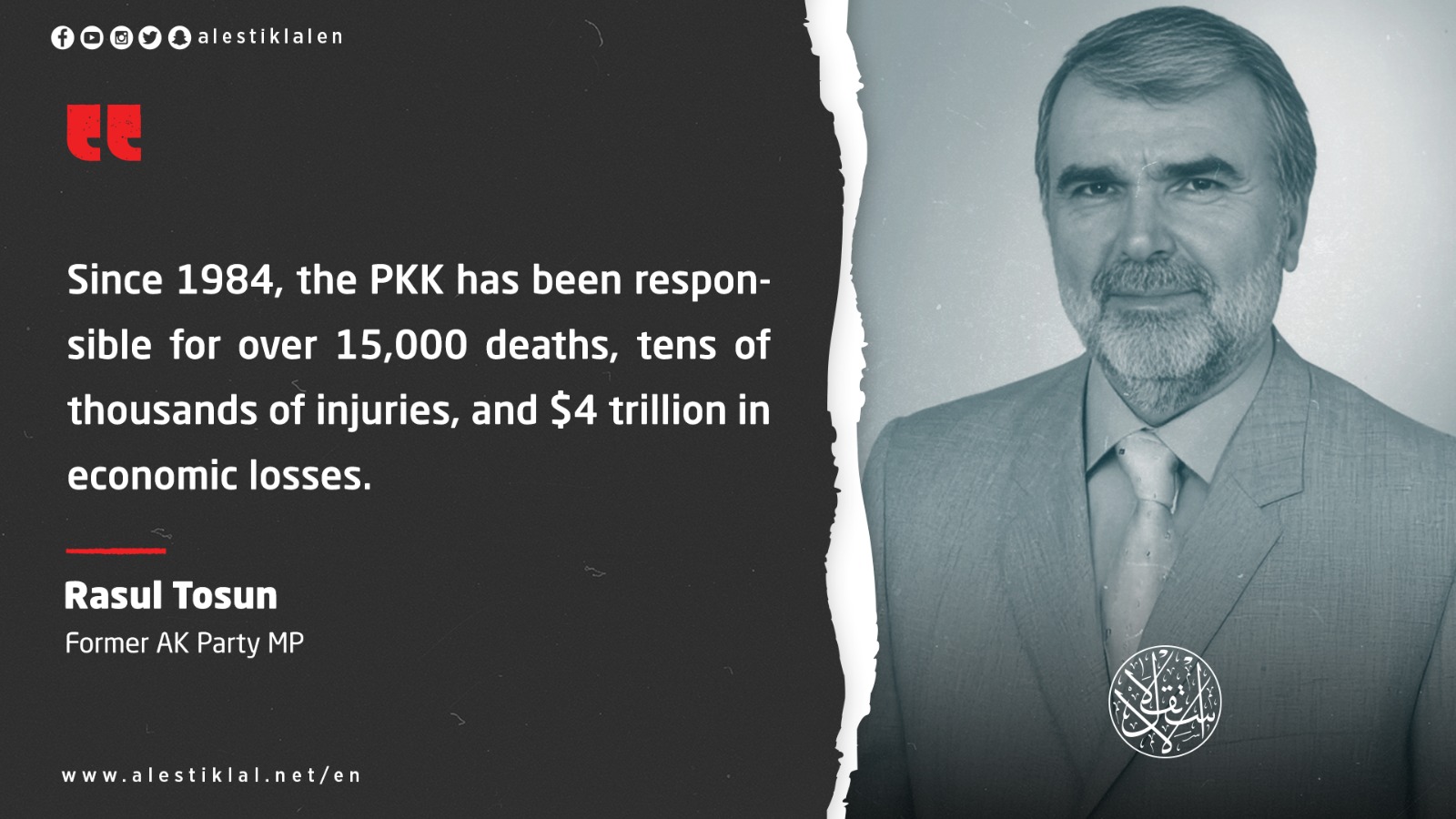
‘Turkiye Without Terrorism’
Another major issue currently on the Turkish agenda is the “new peace process,” meaning Turkiye without terrorism. The Kurdistan Workers' Party (PKK) has announced its dissolution. What will happen next?
The country has paid a heavy price for the terrorism issue that has lasted 47 years; since 1984, more than 15,224 security personnel and innocent civilian citizens have been martyred in the fight against the PKK.
There are also 34,394 wounded and veteran fighters. Economic losses are estimated to have reached 4 trillion dollars.
The terrorist organization has been used as a tool by imperialist powers to restrain Turkiye.
Turkiye has previously attempted twice to end terrorism during the terms of Prime Ministers Turgut Ozal and Necmettin Erbakan. In both cases, the prime ministers’ efforts were thwarted.
President Erdogan also tried twice, in 2009 and 2013. Each time, imperialist forces intervened to sabotage these attempts.
But this time, success was made possible thanks to President Erdogan’s unwavering stance and the convergence of favorable internal and external conditions.
Domestically, for example, the Republican People’s Party (CHP) and the Nationalist Movement Party (MHP) strongly opposed Erdogan’s initial initiatives.
Now, however, the leader of the Nationalist Movement Party himself has ignited this new phase by expressing his support for Erdogan, while the Republican People’s Party did not oppose the process.
At home, the purge of Gulen-aligned elements from security and judicial institutions dismantled the West-backed network, crippling the terrorist group and clearing the path of internal roadblocks.
With Gulen elements removed from the army and security forces, the terrorist group’s operations in Iraq and Syria were crippled—just as they were at home. Strategic diplomacy further cut off its foreign lifelines, leaving it isolated and weakened.
The Iraqi government declared the organization illegitimate. In Syria, the Assad regime, which supported it, fell.
The Biden administration, which had openly supported the organization, was forced to hand over power to the Trump administration, which supports Erdogan.
Turkiye’s national intelligence successfully neutralized terrorist elements one by one, even abroad.
All these internal and external developments, supported by the leader of the Nationalist Movement Party, strengthened President Erdogan’s position. Upon reaching this historic turning point, the PKK dissolved itself and decided to disarm.
This is a great achievement. It is an achievement for Turkiye. Turkiye has won, and imperialism has lost.
God willing, once the peace process is complete and disarmament succeeds, the vision of a “Turkiye free of terrorism” will become reality, fully opening the doors to Turkiye’s new century.
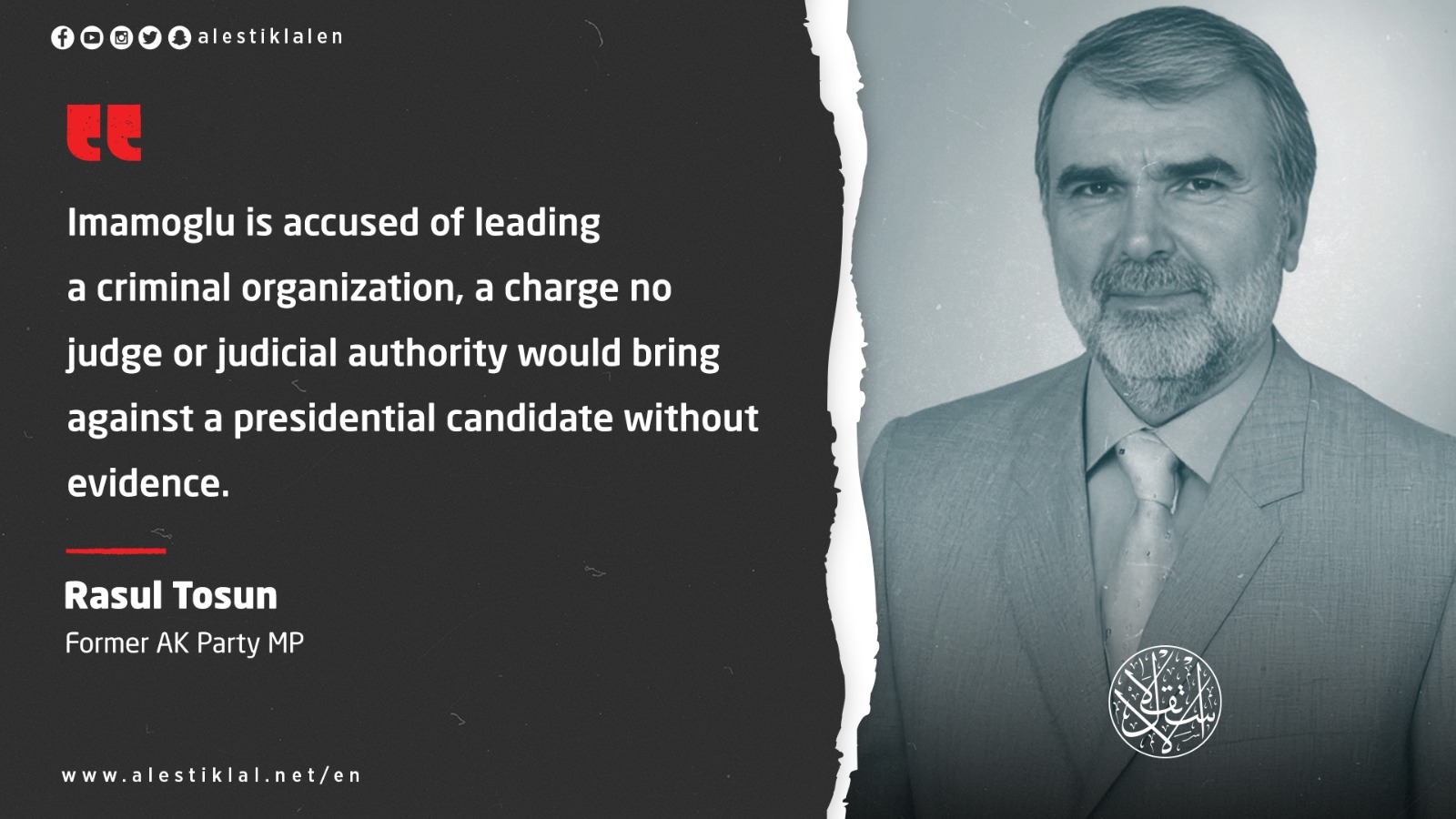
The Imamoglu Issue
The political agenda in Turkiye is witnessing significant turmoil, especially regarding the crisis surrounding the removal of Ekrem Imamoglu from the mayoralty of Istanbul Metropolitan Municipality and the cancellation of his university degree. How do you see the controversy around this issue?
He is a person who was unable to succeed in any university in Turkiye registered at a university in Cyprus using his father’s money. Then, he transferred illegally from that university—which is not officially recognized or accredited in Turkiye—to Istanbul University, which can only be entered by achieving high exam scores.
This violation was first raised in 2016 by a local newspaper while he was serving as the mayor of Beylikduzu. A few days after the journalist exposed this issue, he died under suspicious circumstances.
When the Republican People’s Party (CHP) nominated this individual for the mayoralty, the issue of the illegal degree resurfaced. This time, the university felt compelled to conduct a serious investigation, and subsequently, the degree was revoked according to existing laws and regulations.
The cancellation of the degree appears to be legally justified, but its political consequences are what stir controversy. Canceling the degree of someone who did not deserve it and whose background is full of doubts and suspicions seems natural. However, the issue has become highly controversial and debated because of his political identity.
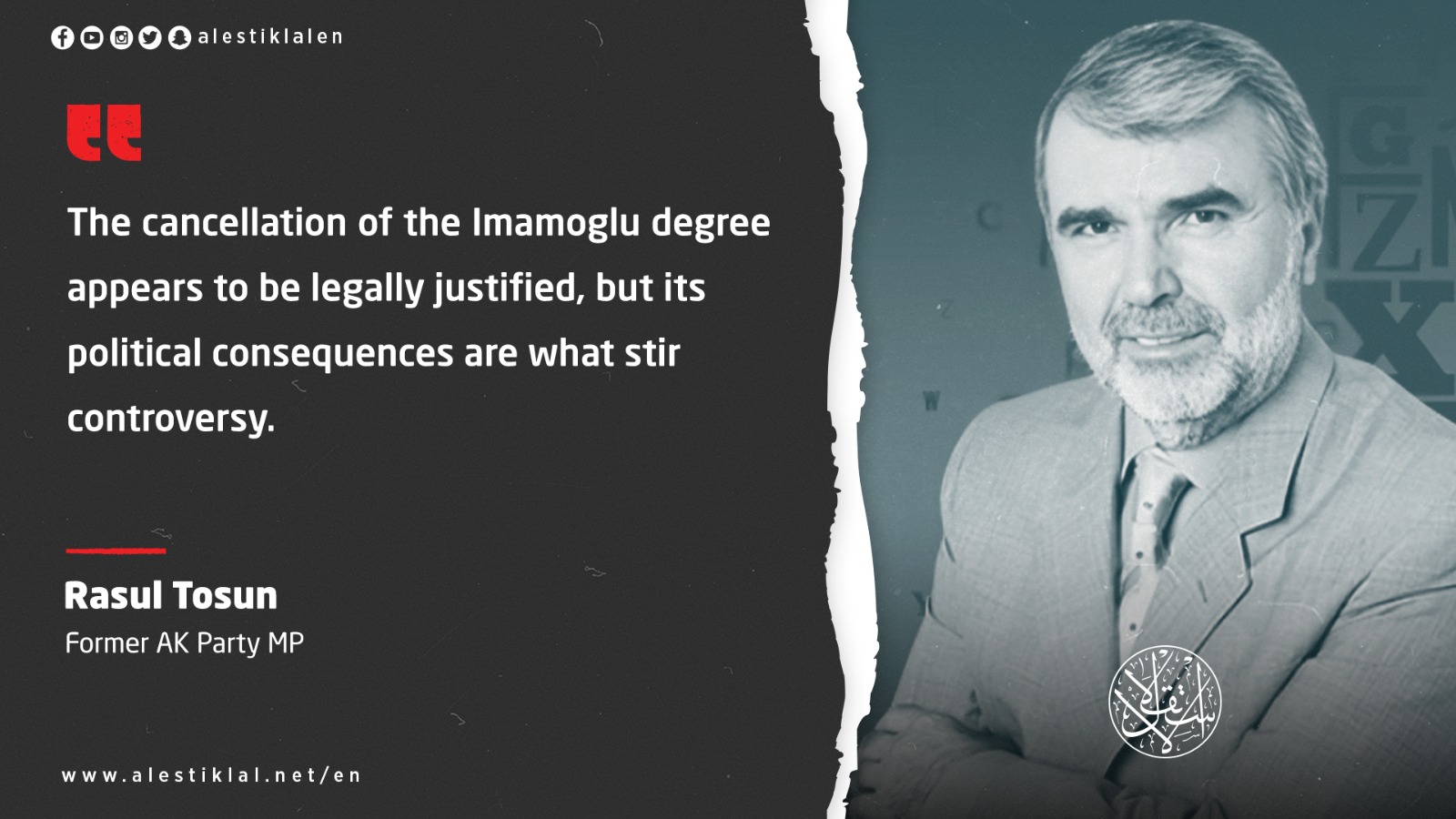
Imamoglu is also facing corruption charges. What’s your take on the controversy shaking Istanbul’s Metropolitan Municipality? Do you believe the reasons behind his possible imprisonment hold water?
Since the investigation is still ongoing, it would be inappropriate to comment. However, the charges outlined in the statement issued by the prosecutor’s office when the investigation was launched are far from ordinary.
This person is accused of leading a criminal organization, a charge no judge or judicial authority would bring against a presidential candidate without possessing solid information, documents, and evidence.
In addition to leading a criminal organization, there are serious allegations including bribery, abuse of power, and bid-rigging. According to media reports, the corruption in question involves a sum of 564 billion liras.
Once the investigation results in a formal indictment and the individual is tried in court, the validity of these allegations will become clearer.
But beyond the legal case, Imamoglu has taken no meaningful steps to address Istanbul’s core issues during his six-year term as mayor of the Istanbul Metropolitan Municipality.
Instead of serving the city, he focused on activities related to preparing for the presidential elections. He also increased the municipality’s debt from 26 billion liras to 624 billion liras, without delivering significant services in return for Istanbul’s residents.
Regarding Istanbul’s most pressing issue—earthquake preparedness—he unfortunately took no action. In fact, he publicly opposed urban transformation projects and filed 43 lawsuits to cancel related initiatives.
As such, the suspicions surrounding his connections raise the likelihood that the accusations made by the prosecutor’s office may be valid.
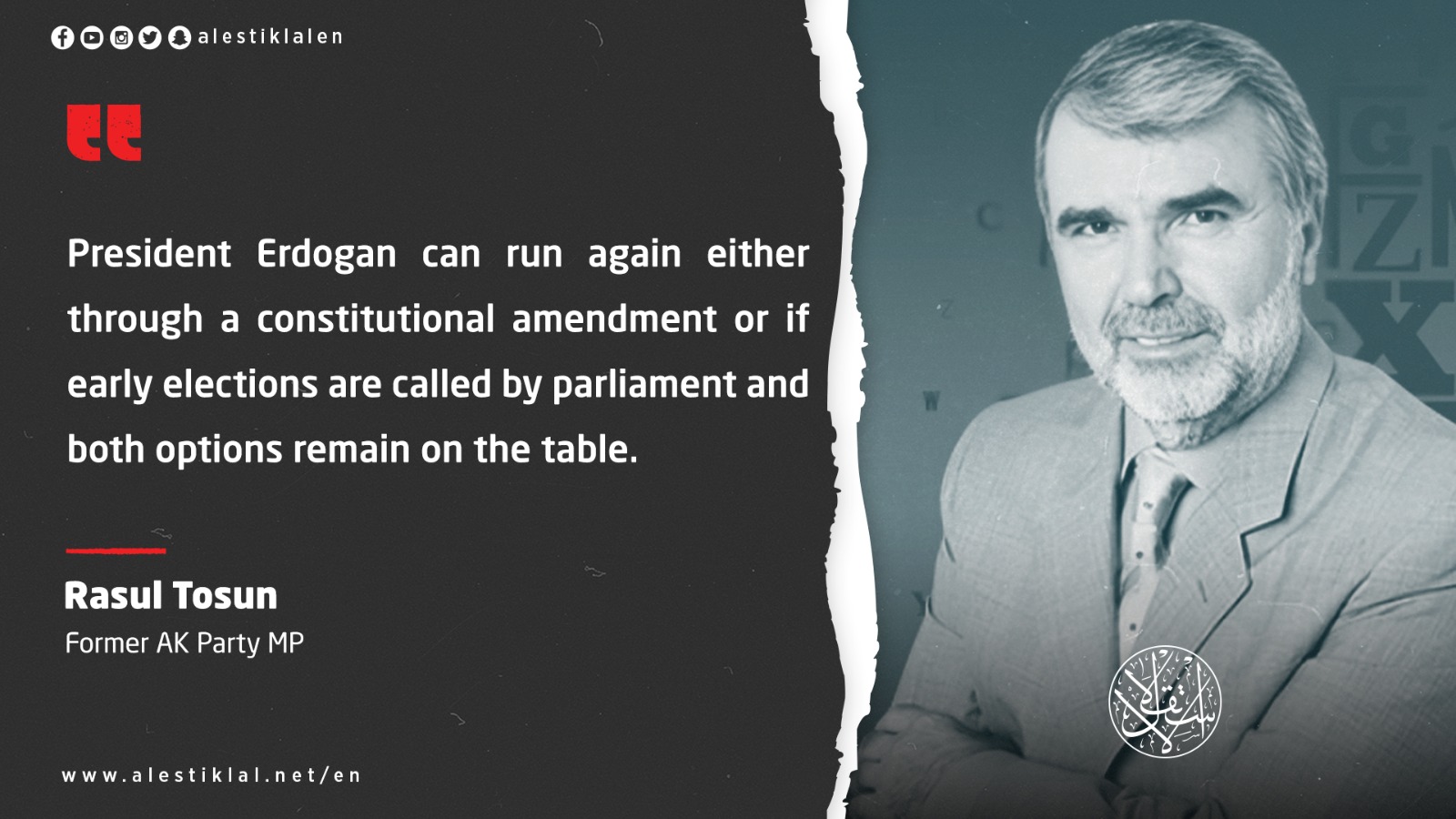
Early Elections
One of the hottest topics on the agenda is early elections. Has a new path quietly opened for President Erdogan to seek a third term in office?
There are two possible paths that would allow President Erdogan to run again. Either the constitution is amended to pave the way for a third term, or—under the current constitution—if the parliament calls for early elections, he can run for a third time. Both scenarios are possible.
The first step that should be taken after the dissolution of the PKK is drafting a new constitution. With a new constitution, President Erdogan could be granted the right to seek a third term. However, drafting a new constitution is not an easy task.
I believe the parliament will decide to hold early elections, thereby enabling President Erdogan to run again.
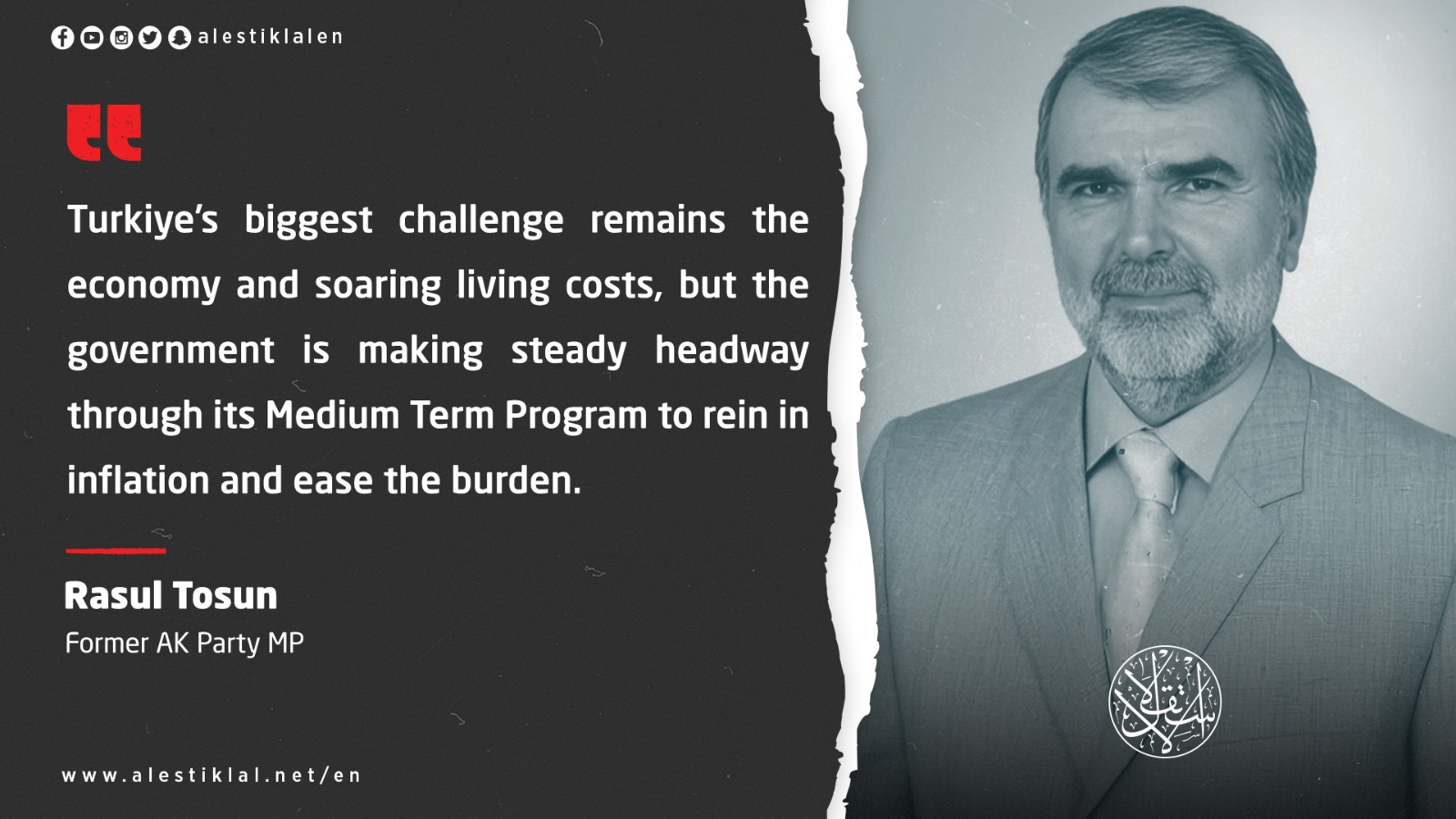
With the economy weighing heavily on voters’ minds, have recent reforms offered real relief? And what does the near future hold for Turkiye?
The biggest challenge currently facing Turkiye is the economy and the rising cost of living. The government is making solid progress through its Medium Term Program, aiming to bring inflation under control and ultimately curb the cost of living.
Annual inflation has dropped to 38 percent, and the government aims to reduce it to single digits by the end of 2026. As inflation decreases, the cost of living is expected to fall significantly as well.
The government is also focused on repairing the damage in earthquake-affected areas, having completed 69 percent of the work so far. It aims to finish the remaining portion by 2025.
This means that in 2026, the government will shift its focus to improving living conditions for low-income citizens.
In short, the plan is to achieve economic stability ahead of the regular elections scheduled for 2028.
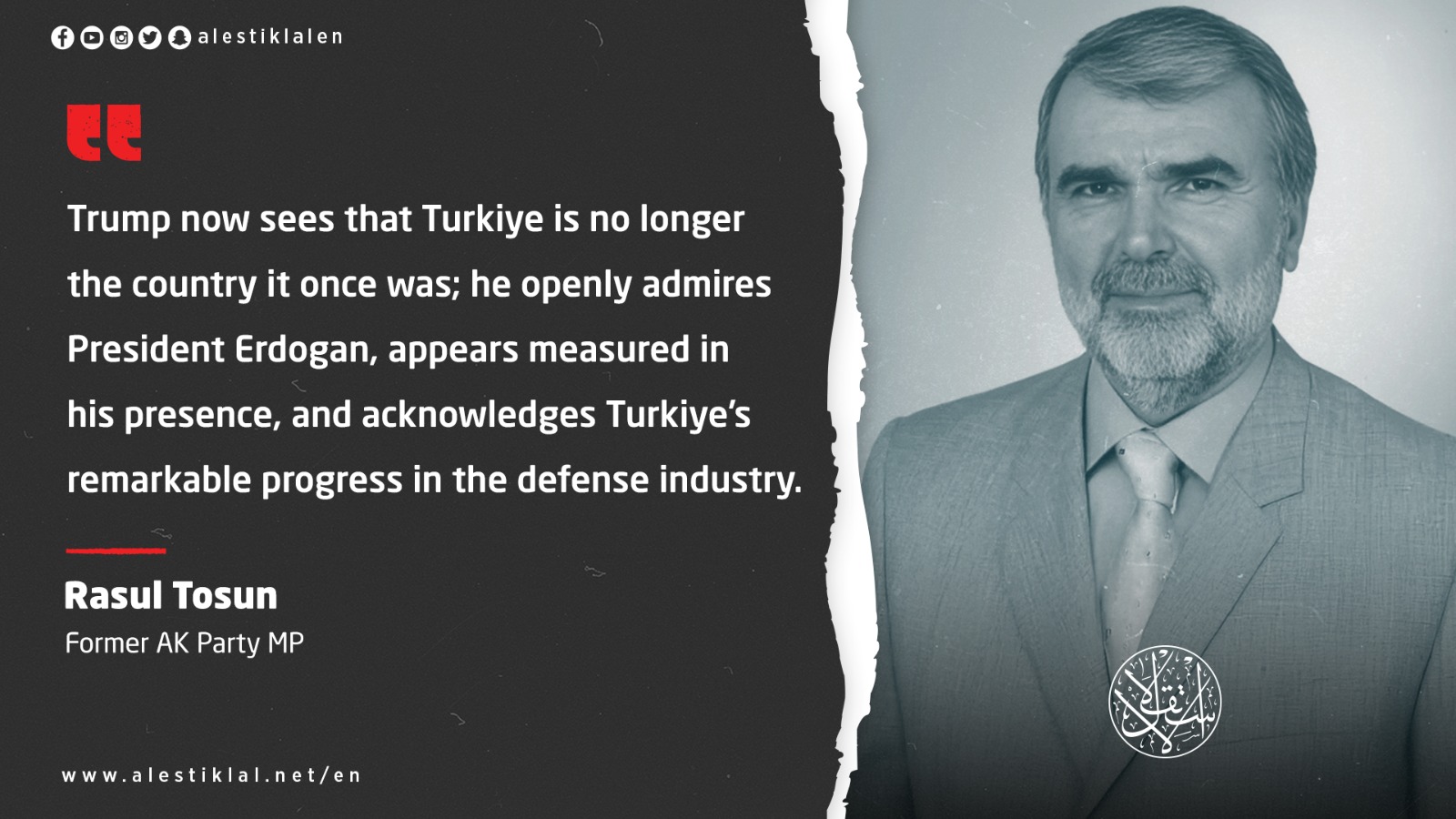
Foreign Developments
Turkish-American relations are being reshaped under Trump. How do you see them at present, and where are they headed?
President Trump presents the image of a leader who is unpredictable—whether in praise or criticism—and whose actions are difficult to anticipate.
Nevertheless, it appears Trump has realized that Turkiye is no longer the country it once was. He also seems somewhat restrained in the face of President Erdogan’s charisma, and he does not hide his admiration for him. Trump recognizes the strides Turkiye has made in the defense industry.
On the other hand, the United States fully understands that it cannot take any significant steps in the region without involving Turkiye.
I believe the U.S. now considers Turkiye one of the four countries that will shape the new global order—and it is beginning to act accordingly.
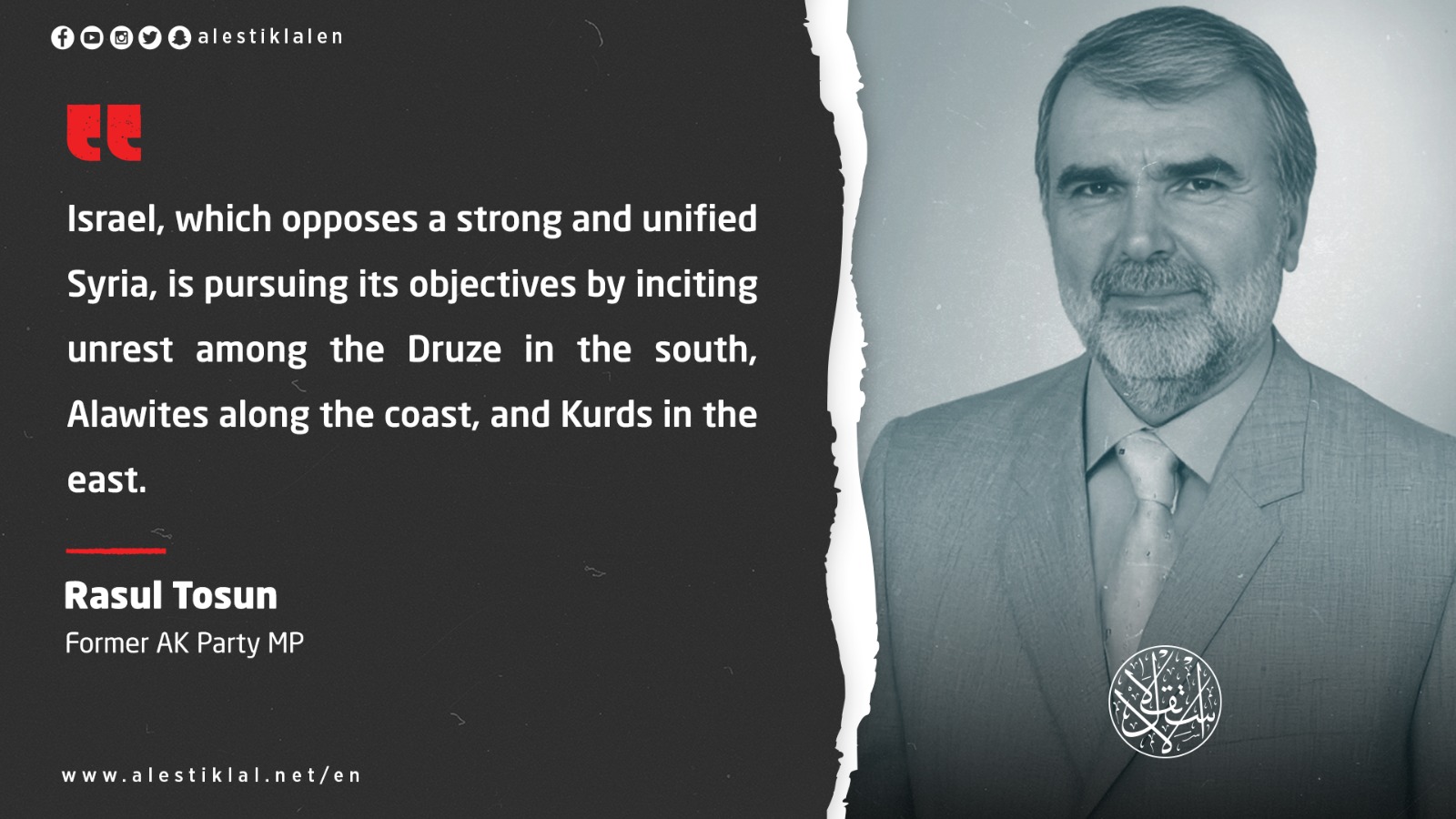
A new government has taken power in Syria, and it appears to have good relations with Turkiye. However, the Zionists continue their attacks. Could the Israeli Occupation confront Turkiye?
Syria and Turkiye share more than just a border, they share deep-rooted bonds. Turkiye’s engagement with the new Syrian administration is guided by this sense of brotherhood.
Even beyond that, the 911-kilometer shared border makes Syria's affairs a domestic concern for Turkiye. Instability in Syria has a direct impact on Turkish security and interests. For this reason, Turkiye has opened all doors to support the new Syrian administration across all sectors.
The ongoing peace initiative is of direct importance to Syria. The Democratic Union Party (PYD)—which attempts to disguise its affiliation with the PKK under the banner of the Syrian Democratic Forces (SDF)—is, in fact, a direct extension of the PKK. This organization must also be dismantled and disarmed.
Before launching the initiative, Turkiye delivered a blunt message to the group: “Lay down your arms, or be laid to rest with them.”
Turkiye is a major power with deep institutional experience and always prioritizes diplomacy and soft power first.
Accordingly, it transferred the SDF issue to the Damascus administration. The agreement signed on March 10, 2025, marked a key milestone in this effort. Turkiye has committed to wait until the end of the year—the agreed deadline for implementation.
If the SDF fails to integrate into the Syrian army by then, Turkiye will act accordingly.
In reality, the SDF is steadily losing U.S. support, and it understands that Trump is likely to favor Turkiye.
However, U.S. and Israeli elements embedded within the SDF continue to provoke the group despite the March 10 agreement. In a recent Kurdish conference, they called for federalism and autonomy.
Israel, which opposes a strong and unified Syria, is pursuing its objectives by inciting unrest among the Druze in the south, Alawites along the coast, and Kurds in the east.
In doing so, it finds itself in direct confrontation with Turkiye—or more accurately, fears such a confrontation. Israel does not have the courage to face Turkiye directly.
It is clear that the driving force behind Israel’s aggressiveness is the United States. Israel knows it cannot act without American backing.
In fact, when Israel bombed a military base in Hama that Turkiye had planned to use for training Syrian forces, and its media declared it “a message to Turkiye,” Turkiye responded with a firm message to Washington: “Either rein in your dog, or Turkish air forces will respond—and no one will know where the escalation will stop.”
This led to Trump urgently summoning Netanyahu to Washington, where he publicly warned him in front of the media to “be reasonable.” After that, Israel felt compelled to initiate military talks in Baku, via Azerbaijan, to discuss mechanisms to avoid direct confrontation with Turkiye.
As I noted earlier, the United States understands it cannot operate in the region without Turkiye, which possesses the second-largest army in NATO. That reality is forcing Washington to restrain Israel.
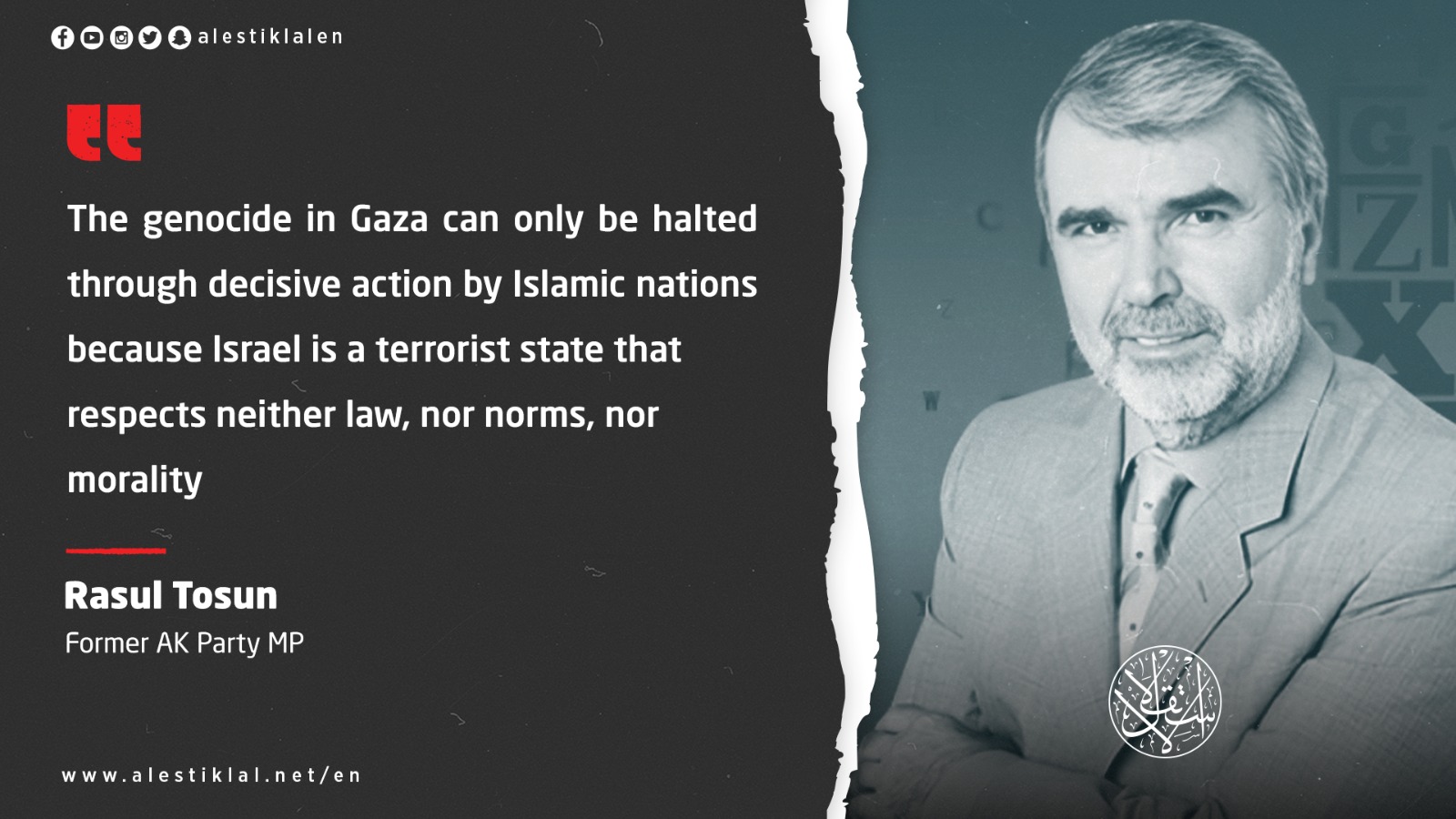
The Genocide in Gaza
Despite countless statements from Islamic countries, not a single concrete step has been taken to stop Israel’s genocide in Gaza. The words keep coming—but the bloodshed continues. What will it take to bring it to an end?
The genocide in Gaza can only be halted through decisive action by Islamic nations. Israel is a terrorist state that respects neither law, nor norms, nor morality. UN resolutions, condemnations, and protests have proven ineffective.
The only language Israel understands is the language of force—and that force exists in abundance among Islamic countries. Unfortunately, what is lacking is the political will to use it.


